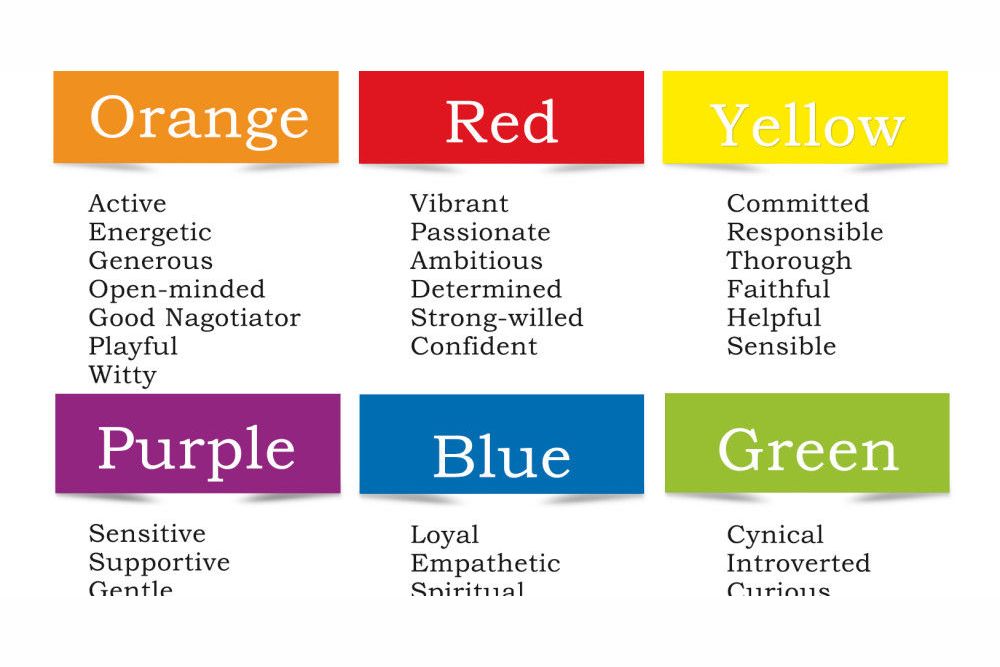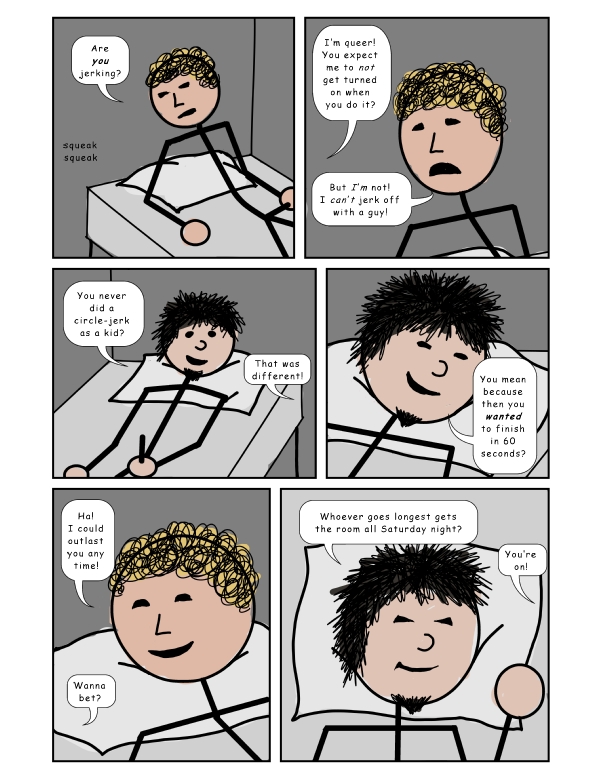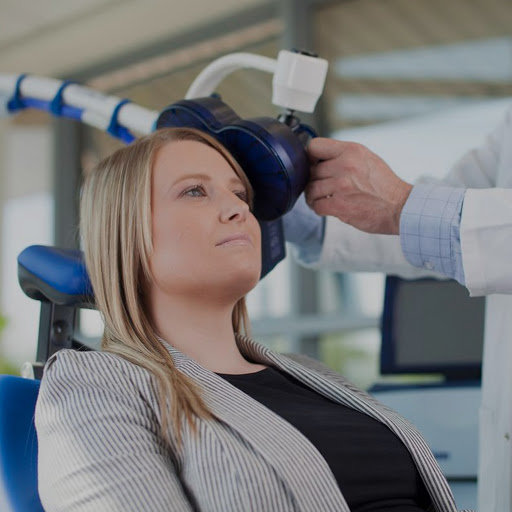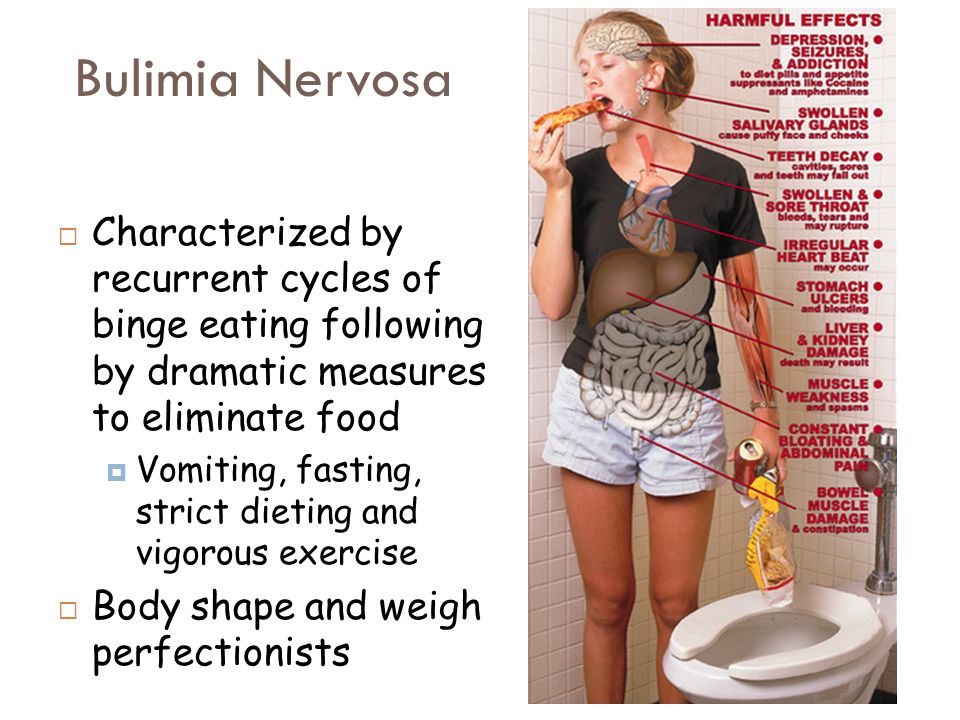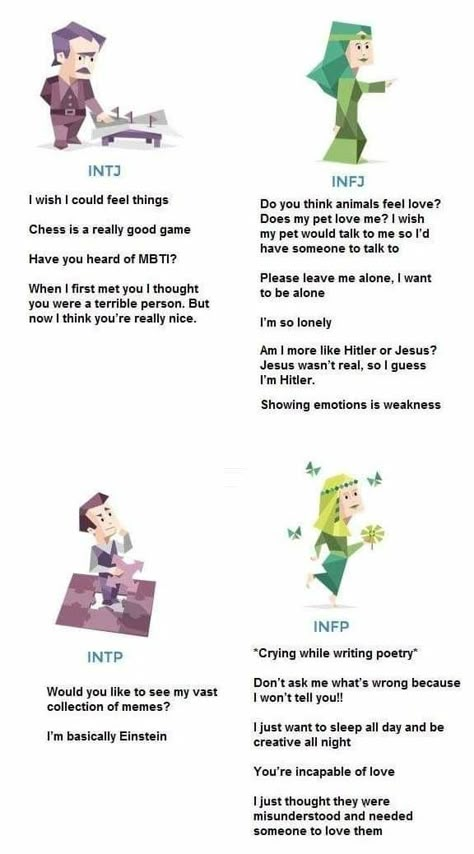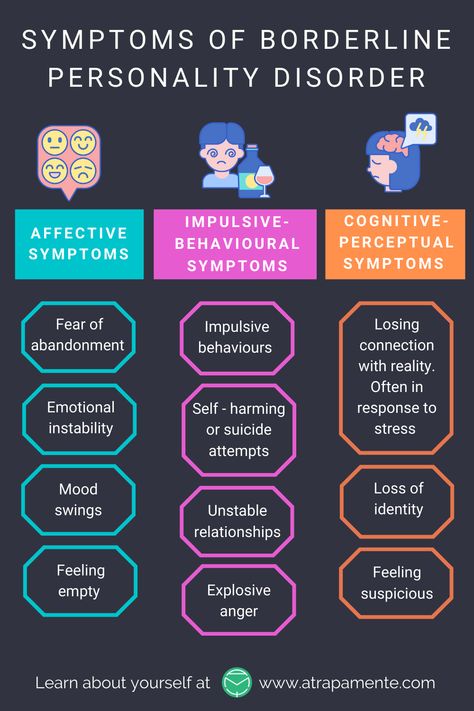Psychological treatment for alcoholism
Types Of Therapy For Alcoholism
An inpatient or outpatient rehab program for alcoholism will offer a variety of treatment therapy options. The following is an overview of the most popular methods for treatment which you may encounter at a rehab facility.
Online Alcohol Addiction and Mental Health Therapy
Take the first step towards recovery with online therapy from BetterHelp.
Take the Quiz. Get Matched. Begin Therapy.
Paid Advertising. We may receive advertising fees if you follow links to the BetterHelp site.
- Access to Therapy 24/7
- Easy Online Scheduling
- 20,000+ Licensed Therapists
Find a Therapist Now
Paid Advertising. We may receive advertising fees if you follow links to the BetterHelp site.
Talk Therapy
Psychotherapy is the classic approach of having a conversation. During psychotherapy, a patient talks to a trained psychologist about their problems and experiences. A talk therapy session could take place in a one-to-one, group, or family setting. A patient and their psychologist might discuss daily challenges, long-standing issues, and past traumas. Psychotherapy allows a psychologist to formulate a mental health diagnosis on the basis of psychoanalysis. A psychiatrist who conducts psychotherapy can prescribe patients medication.
In cases of psychotherapy for alcoholism, a psychologist might help a patient better understand and manage their cravings and stay motivated to achieve their sobriety goals. Psychotherapy sessions can last for severals weeks or span many months. During psychotherapy, the psychologist and patient develop a relationship on the basis of trust, openness, and confidentiality.
Psychotherapy acts as a roadmap for clinicians. It guides them though the process of understanding their clients and developing solutions. There are multiple approaches to psychotherapy, such as psychoanalysis, behavioral therapy, cognitive therapy, and integrative or holistic therapy.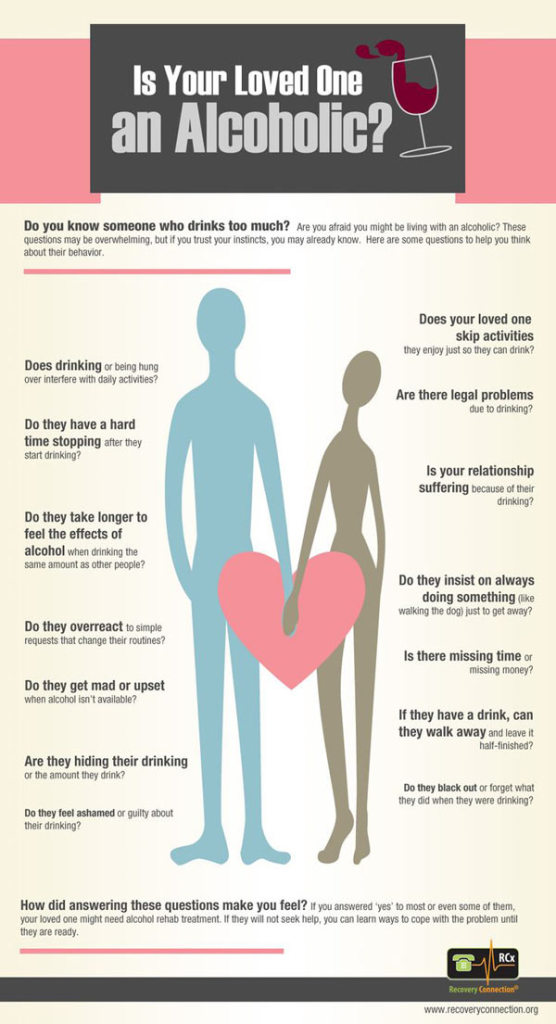
Cognitive Behavioral Therapy (CBT)
Cognitive Behavioral Therapy (CBT) is a proven method for alleviating the burdens of alcoholism. The basic premise of CBT is the importance of identifying negative thoughts and behaviors and replacing them with positive thoughts and behaviors. A CBT session will be a conversation between a patient and a psychologist. CBT is a solutions-oriented approach to treatment which focuses less on diagnosis and more on constructive action, such as challenging harmful beliefs, confronting fears, role playing to improve social interactions, and crafting strategies to stop drinking alcohol or using drugs. CBT is often effective with as few as five sessions.
Dialectical Behavioral Therapy (DBT)
Dialectical Behavioral Therapy (DBT) is another type of evidence-based talk therapy. The DBT method operates from the assumptions that everything is connected, the world constantly changes, and opposite elements (thesis and antithesis) may synthesize into a better element or a greater truth.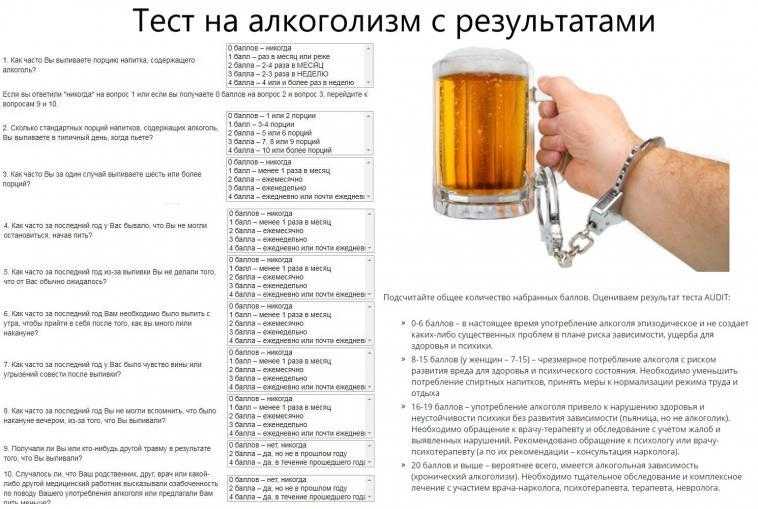 These assumptions comprise the basis of the philosophical system of dialectics. In practice, an individual or group DBT session will involve learning to live in the present instead of dwelling on the past, managing emotions and distress, and practicing honest communication. Ultimately, DBT is designed to help patients find emotional balance and embrace positive change. The method is dialectical because the practitioner who developed it wanted patients to be able to synthesize change and acceptance of the past to create a better life. Research has shown that DBT is effective for people who struggle with alcoholism and other substance abuse disorders.
These assumptions comprise the basis of the philosophical system of dialectics. In practice, an individual or group DBT session will involve learning to live in the present instead of dwelling on the past, managing emotions and distress, and practicing honest communication. Ultimately, DBT is designed to help patients find emotional balance and embrace positive change. The method is dialectical because the practitioner who developed it wanted patients to be able to synthesize change and acceptance of the past to create a better life. Research has shown that DBT is effective for people who struggle with alcoholism and other substance abuse disorders.
DBT has four main strategies that are taught by the clinician to the client.
• Core Mindfulness
• Distress Tolerance
• Interpersonal Effectiveness
• Emotion Regulation
Motivational Interviewing
In counseling, motivational interviewing (MI) is a method for encouraging a patient to overcome ambivalence, set direct goals for self-improvement, and stay motivated to realize them. MI is a popular technique for treating substance abuse disorders because many people feel powerless against addiction and benefit from an infusion of willpower to decide to take action against it. In a motivational interview, a therapist will encourage a patient to commit to change, such as quitting alcohol.
MI is a popular technique for treating substance abuse disorders because many people feel powerless against addiction and benefit from an infusion of willpower to decide to take action against it. In a motivational interview, a therapist will encourage a patient to commit to change, such as quitting alcohol.
Motivational interviewing is a brief, client-centered, semi-directive psychological treatment approach that concentrates on improving and strengthening a client’s motivations for change. MI aims to increase a client’s perspective on the importance of change. MI is useful for clients who are less motivated or ready for change. The practice involves a form of supportive and empathetic counseling style that rolls with resistance. MI is a brief intervention, where the counselor and client will meet for an average of 1 to 4 sessions. MI incorporates four basic principles in therapy:
- Expressing empathy
- Rolling with resistance
- Developing self-efficacy
- Developing discrepancy
MI is usually implemented with other therapy modalities.
12-Step Facilitation
A 12-Step Program is a supportive community where people openly discuss their struggles with substance abuse. The most famous 12-Step Program is Alcoholics Anonymous, but there are 12-Step Programs for addictions to Marijuana, Cocaine, Heroin, and even gambling as well. A 12-Step Program provides mutual help to everyone in the group, helping them feel connected, important, and accountable to others for staying sober. A 12-Step Program supplements other forms of therapy and gives patients something to discuss with their psychologists. The 12-Step approach is demonstrably effective at helping people to achieve sobriety long-term. For this reason, therapists sometimes facilitate the process of joining a 12-Step group for their patients and incorporate 12-Step material and their patients’ experiences at meetings into their sessions.
Yoga And Meditation
Yoga and meditation can be beneficial techniques for managing cravings and staying focused during recovery. Some rehab centers even offer their own yoga and meditation courses. Broadly speaking, yoga is a collection of physical and mental exercises. A yoga practice does not necessarily have to involve a spiritual or religious dimension. Meditation is any method of relaxation which helps a person maintain calm, emotional peace, and clarity. Studies have indicated that yoga and meditation can function as therapy for people with substance use disorders, especially if the sessions are led by a mental health professional and supplement other treatment.
Some rehab centers even offer their own yoga and meditation courses. Broadly speaking, yoga is a collection of physical and mental exercises. A yoga practice does not necessarily have to involve a spiritual or religious dimension. Meditation is any method of relaxation which helps a person maintain calm, emotional peace, and clarity. Studies have indicated that yoga and meditation can function as therapy for people with substance use disorders, especially if the sessions are led by a mental health professional and supplement other treatment.
Art And Music Therapy
Art and music are mediums of creative expression which can enhance the recovery process. As such, rehab centers sometimes offer art and music therapy to their patients. In the rehab setting, art and music therapy is more than just painting a picture or playing a song. Art and music therapy sessions are taught by therapists specifically to help people with alcoholism. The purpose of art and music therapy is to help people relax, express how they feel, and stay occupied with a positive activity. Art and music also help alleviate symptoms of depression and anxiety, two common mental health condition which afflict people struggling with alcoholism.
Art and music also help alleviate symptoms of depression and anxiety, two common mental health condition which afflict people struggling with alcoholism.
Art and music therapy are thought to help patients tap into emotions and needs that may be difficult to express through more traditional forms of communication. Music therapy also provides clients with increased motivation for treatment. Physically, artistic expression connects us to our emotions. It is a tangible way to reconcile emotional conflicts. This connection can help fill the void that drugs and alcohol leave in a substance abuser. It also helps build new insights.
Artistic expression, whether through visual or musical creation or appreciation, touches people in their core. Music affects mood. That is what makes this beneficial in therapy.
Online Therapy
Online therapy has grown tremendously in popularity since the COVID-19 pandemic, and is now considered to be an effective way to treat a host of conditions, including alcoholism. Alcoholism has many physical, emotional, and social impacts on a person’s life, and online therapy can be a great way to work through the underlying causes of alcohol abuse without significantly disrupting their life.
Alcoholism has many physical, emotional, and social impacts on a person’s life, and online therapy can be a great way to work through the underlying causes of alcohol abuse without significantly disrupting their life.
Online therapy for alcoholism can involve several techniques and approaches, which some people may find adapt better to a virtual format. Things like cognitive behavioral therapy (CBT), motivational interviewing, and even eye movement desensitization and reprocessing (EMDR) therapy can all be adjusted to work via the phone, computer, or web-based platforms.
It’s important to note that online therapy may not be a suitable option for some people with alcoholism. This includes those who may be battling severe alcohol withdrawal symptoms, or who may be struggling with a co-occurring metal health disorder such as depression or anxiety. Furthermore, it is always recommended that detoxing be done under medical supervision, as alcohol withdrawal can have potentially life-threatening side effects.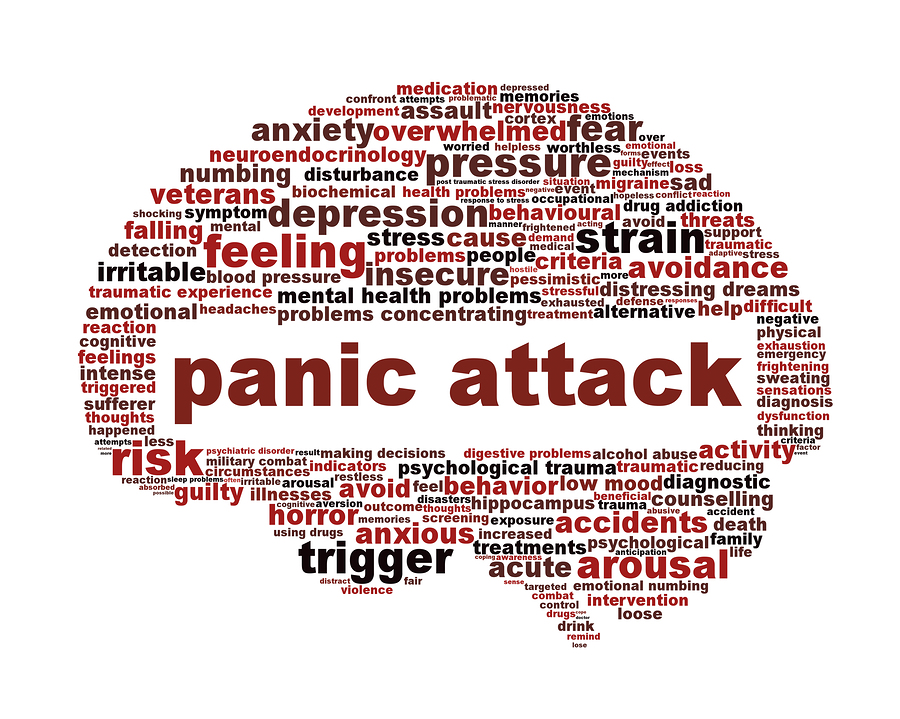
Online Alcohol Addiction and Mental Health Therapy
Take the first step towards recovery with online therapy from BetterHelp.
Take the Quiz. Get Matched. Begin Therapy.
Paid Advertising. We may receive advertising fees if you follow links to the BetterHelp site.
- Access to Therapy 24/7
- Easy Online Scheduling
- 20,000+ Licensed Therapists
Find a Therapist Now
Paid Advertising. We may receive advertising fees if you follow links to the BetterHelp site.
Find Alcoholism Treatment Therapy Today
With so many therapy options, there is hope for anyone with an addiction to recover. If you or someone you know has a problem with drugs and alcohol, take action today and contact a treatment provider to learn more about treatment options.
SAMHSA’s National Helpline | SAMHSA
Your browser is not supported
Switch to Chrome, Edge, Firefox or Safari
Main page content
-
SAMHSA’s National Helpline is a free, confidential, 24/7, 365-day-a-year treatment referral and information service (in English and Spanish) for individuals and families facing mental and/or substance use disorders.
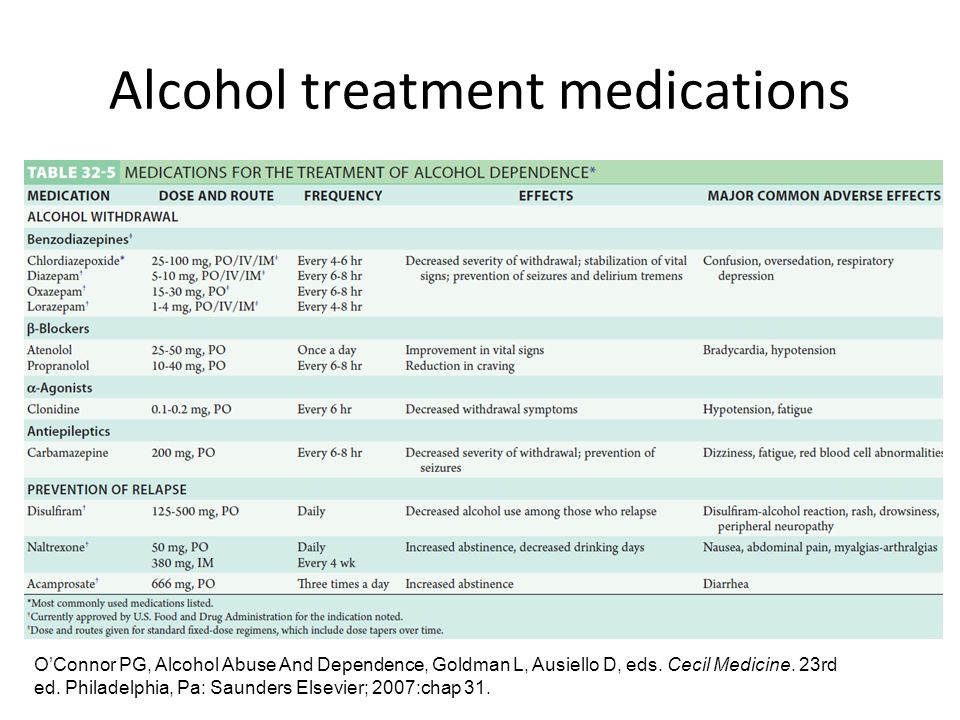
Also visit the online treatment locator.
SAMHSA’s National Helpline, 1-800-662-HELP (4357) (also known as the Treatment Referral Routing Service), or TTY: 1-800-487-4889 is a confidential, free, 24-hour-a-day, 365-day-a-year, information service, in English and Spanish, for individuals and family members facing mental and/or substance use disorders. This service provides referrals to local treatment facilities, support groups, and community-based organizations.
Also visit the online treatment locator, or send your zip code via text message: 435748 (HELP4U) to find help near you. Read more about the HELP4U text messaging service.
The service is open 24/7, 365 days a year.
English and Spanish are available if you select the option to speak with a national representative. Currently, the 435748 (HELP4U) text messaging service is only available in English.
Currently, the 435748 (HELP4U) text messaging service is only available in English.
In 2020, the Helpline received 833,598 calls. This is a 27 percent increase from 2019, when the Helpline received a total of 656,953 calls for the year.
The referral service is free of charge. If you have no insurance or are underinsured, we will refer you to your state office, which is responsible for state-funded treatment programs. In addition, we can often refer you to facilities that charge on a sliding fee scale or accept Medicare or Medicaid. If you have health insurance, you are encouraged to contact your insurer for a list of participating health care providers and facilities.
The service is confidential. We will not ask you for any personal information. We may ask for your zip code or other pertinent geographic information in order to track calls being routed to other offices or to accurately identify the local resources appropriate to your needs.
No, we do not provide counseling. Trained information specialists answer calls, transfer callers to state services or other appropriate intake centers in their states, and connect them with local assistance and support.
-
Suggested Resources
What Is Substance Abuse Treatment? A Booklet for Families
Created for family members of people with alcohol abuse or drug abuse problems. Answers questions about substance abuse, its symptoms, different types of treatment, and recovery. Addresses concerns of children of parents with substance use/abuse problems.It's Not Your Fault (NACoA) (PDF | 12 KB)
Assures teens with parents who abuse alcohol or drugs that, "It's not your fault!" and that they are not alone. Encourages teens to seek emotional support from other adults, school counselors, and youth support groups such as Alateen, and provides a resource list.After an Attempt: A Guide for Taking Care of Your Family Member After Treatment in the Emergency Department
Aids family members in coping with the aftermath of a relative's suicide attempt. Describes the emergency department treatment process, lists questions to ask about follow-up treatment, and describes how to reduce risk and ensure safety at home.
Describes the emergency department treatment process, lists questions to ask about follow-up treatment, and describes how to reduce risk and ensure safety at home.Family Therapy Can Help: For People in Recovery From Mental Illness or Addiction
Explores the role of family therapy in recovery from mental illness or substance abuse. Explains how family therapy sessions are run and who conducts them, describes a typical session, and provides information on its effectiveness in recovery.For additional resources, please visit the SAMHSA Store.
Last Updated: 08/30/2022
Help for alcoholism | Psychological help for alcoholics in Moscow
The help of a psychologist in alcoholism is as important as drug treatment of addiction. Alcoholics are drawn to alcohol more often because of mentally unbalanced health than physical. The specialists of the clinic of Dr. Buchatsky in Moscow perform psychological coding for alcoholism with the most effective results.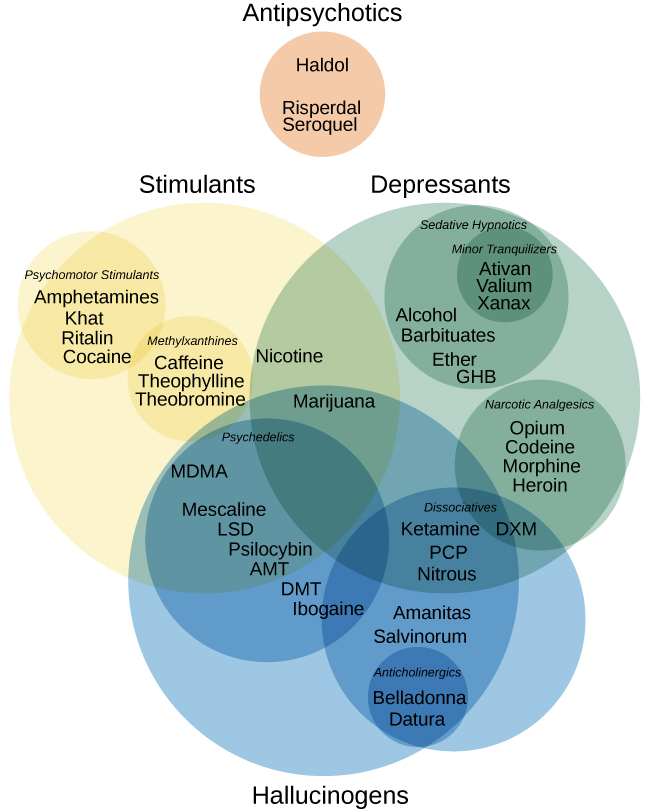 We help patients around the clock and strictly confidential.
We help patients around the clock and strictly confidential.
What is psychological help for alcoholics
In order to completely get rid of alcohol dependence, taking medications is not enough. Most often, the main reason for addiction to drinking is hidden in the psycho-emotional state of the patient. Therefore, the help of a professional psychologist is required not only during treatment, but also during the rehabilitation period.
Medicines do not eliminate the cause of drunkenness, but only allow you to cleanse the body of toxins. Psychiatric treatment of alcoholism is carried out under the supervision of a psychologist who takes the necessary measures in relation to the patient:
- Gives you the opportunity to soberly assess the situation, look at yourself from the outside, understand the real state of health;
- Helps to see and appreciate a normal full life without the use of alcoholic beverages;
- Finds and eliminates the main causes of addiction at the psychological level, softens the process of treatment and rehabilitation;
- Motivates to maintain a sober healthy lifestyle, encourages you to set goals and achieve them; nine0012
- Increases positive attitude, helps to present the real world in a positive way;
- Creates comfortable conditions for returning to society, improves the patient's communication skills.

Control of a psychologist in alcoholism requires a long time. The work of a specialist is not a single therapy session, but hard work until the desired results are achieved. You can get high-quality psychological help for alcohol addiction in Moscow at the clinic of Dr. Buchatsky - our specialists have extensive experience and knowledge, which allows patients to get rid of the craving for alcohol forever. nine0003
How is the psychological coding of alcohol
Alcoholism does not develop immediately. Physical dependence appears already at a severe stage, after prolonged use of alcohol, psychological - almost immediately. Various factors contribute to it:
- Lack of finance;
- Discord in the family;
- Problems in private life;
- Lack of self-realization;
- Difficulties with work; nine0011 Complexes, self-doubt;
- Weak mentality, fears, depressions;
- The presence of alcoholics in the family and close circle.
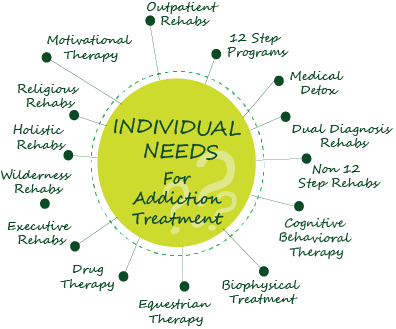
With any problem on the list, a person is especially susceptible to alcohol addiction. Drinking helps to relax, distract from the gray everyday life, improve mood. Gradually, the drunkard is drawn in, he can drink for no reason. Over time, there are quarrels with relatives, friends, colleagues. If an alcoholic does not consider himself to be such, he urgently needs the help of a qualified psychologist from a specialized clinic. nine0003
To make the treatment as fast and comfortable as possible for the patient, the psychologist performs coding in several stages:
- The first consultation takes the form of a regular conversation to identify the main causes of the disease. The doctor for himself already sees the character of the patient, his state of mind, personal aspects and motivations for drunkenness, which allows him to quickly take action and prescribe effective psychotherapy;
- Before undergoing drug treatment, a psychologist conducts several therapy sessions, during which he clearly shows the dangers, risks and serious consequences of alcoholism.
 This is done so that the alcoholic independently realizes the importance of treatment and preventive measures; nine0012
This is done so that the alcoholic independently realizes the importance of treatment and preventive measures; nine0012 - After a drug course with the use of potent drugs, the psychologist takes part in the rehabilitation of the patient. This is expressed in conversations, moral support, personal motivation, suggestion to refuse alcohol.
What are the advantages of psychological treatment of alcohol addiction in the clinic of Dr. Buchatsky:
- You get the help of a psychologist at any time of the day - we work seven days a week around the clock; nine0011 You don't have to worry about anonymity - all courses are strictly confidential;
- You do not need to convince the patient and worry - our doctors will be able to inspire him with the importance of treatment;
- You can always take part in the rehabilitation of a loved one;
- We will help restore communication skills and behavior in society through competent social adaptation;
- Only qualified and experienced healthcare professionals work with you or your loved ones; nine0012
- You will be pleasantly surprised by the cost of treatment and preventive services of our medical center.
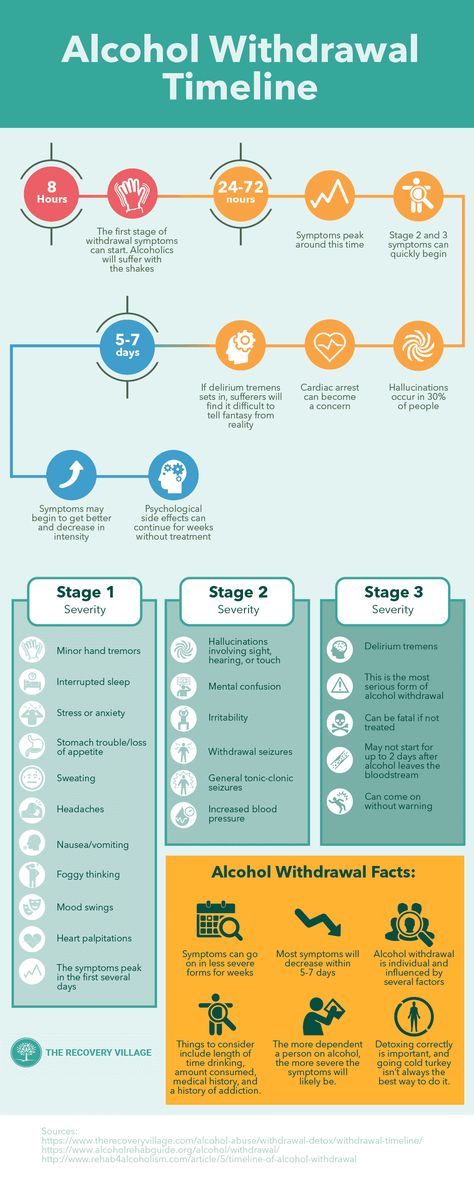
Support an alcoholic in the family, help him return to a normal sober life - contact us for psychological help. To make an appointment for a consultation, call +7 (495) 181-21-12 in Moscow.
return false;
Psychological help for alcoholism. Psychotherapy consultation for alcoholics.
Psychological support is an important component of therapy used in conjunction with drug treatment. The psychological aspect of alcoholism is the most important. Alcoholics report that they are drawn to liquor so as not to worry or forget. They often recognize the problem but choose the wrong solution. Instead of trying to change the root cause, people with alcoholism try to eliminate the symptoms.
What is the help of a psychologist with alcoholism? nine0005
To solve the problem of alcohol addiction, it is not enough just to take medication. Patients have a load of psychological problems that make them reach for a bottle. For this reason, the help of a psychologist is an indispensable component of rehabilitation, which is also required during ordinary life. The task of medicines is to cleanse the body of toxins, get rid of psychosis. But a psychologist must unravel the tangle of irrational beliefs that underlie alcohol addiction.
For this reason, the help of a psychologist is an indispensable component of rehabilitation, which is also required during ordinary life. The task of medicines is to cleanse the body of toxins, get rid of psychosis. But a psychologist must unravel the tangle of irrational beliefs that underlie alcohol addiction.
Psychological assistance for alcoholism consists of the following activities: nine0003
- Assistance in a sober assessment of the state of health of the addict, as well as recognition of the fact that the person is in the thrall of addiction.
- Analysis of possible ways to fully exist without drinking alcohol. The cause of addiction is incorrect behavior patterns, the inability to cope with stress on your own. The task of a psychologist is to teach how to work with their problems and form an adult attitude to life.
- Finding and eliminating the root causes of addiction. This helps to make the treatment process less difficult, as well as improve the results of rehabilitation.
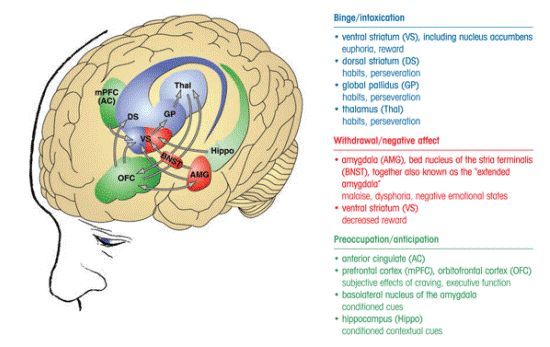 nine0012
nine0012 - Motivation to maintain a sober lifestyle, the formation of purposefulness.
- Formation of a positive attitude towards the world and life.
- Creation of suitable conditions for the full socialization of the patient.
Of course, all this is not done in one session. In the same way as any doctor observes the patient until recovery, so the psychologist analyzes the dynamics of addiction treatment over time. If you do not do this, the psychological consequences of alcoholism will be aggravated. A person will more and more unlearn how to live a full sober life, and more effort needs to be invested in order to achieve a result. nine0003
What is the psychological coding for alcohol?
Alcoholism is a disease that lasts for a long time in a latent form. And psychology plays a dominant role here. Physical dependence, of course, is formed, but it takes ten years (and more). This is the second stage of addiction. But the psychological is formed already within a year after the start of the systematic intake of alcohol. And the problem with the first stage is that it can be invisible. But this can happen earlier if a conditioned reflex is formed. A variety of factors can cause the formation of addiction: nine0003
And the problem with the first stage is that it can be invisible. But this can happen earlier if a conditioned reflex is formed. A variety of factors can cause the formation of addiction: nine0003
- Lack of finance;
- Family problems;
- Difficulties in private life;
- Lack of success in career;
- dismissal;
- Complexes;
- Neuroses and depressions;
As a rule, alcoholism is not caused by a single cause. The patient often does not realize why he drinks. The task of a psychologist is to identify and help eliminate the root cause. There may be others that are not included in the list. The psychotherapist for an alcoholic does everything to make the treatment of alcoholism effective. nine0003
If drinking allows a person to escape from the routine, improve his mood, then he begins to perceive it as a panacea for all ills. He stops solving problems, and prefers to simply not see them. Over time, episodes of oblivion become more frequent, and there is always a reason for drinking.
If a person does not have the proper level of awareness, then he may not notice how he began to use excessively. As a rule, such people say that they are not alcoholics, even if the problem is visible to everyone around them. To achieve the maximum result from the treatment, it is necessary to go through several stages: nine0003
- Initial consultation. It takes place in the form of ordinary communication. In the process of it, the psychologist tries to determine the main causes of the disease. The doctor already understands the mental characteristics of a person, personal aspects and personal motivations for drunkenness. This allows you to prescribe effective psychotherapy.
- Even before medication is prescribed, a psychologist conducts several sessions during which he helps to understand the risks associated with alcoholism. This is done so that a person understands how important it is to tie. nine0012
- After passing through the drug component of therapy, during which potent drugs are used, the psychologist proceeds directly to the rehabilitation of the patient.
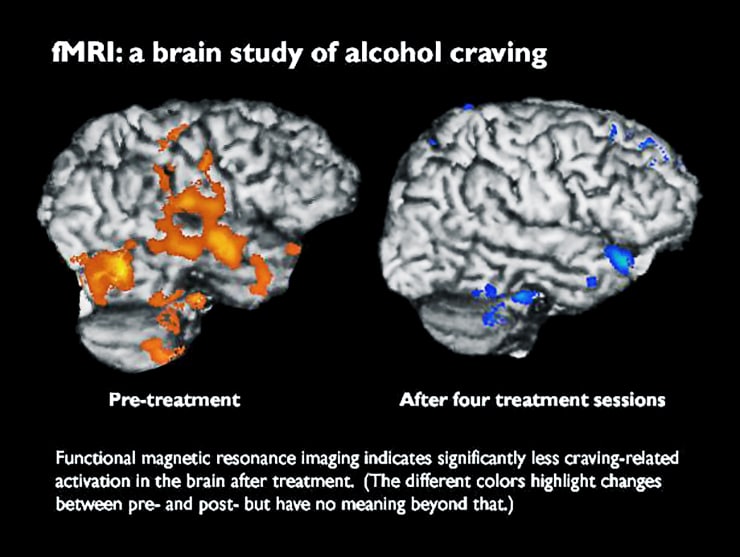 In the course of it, all the myths that the addict has inspired about alcohol are refuted. For example, that it helps relieve stress or that it is a great way to connect with people, and so on.
In the course of it, all the myths that the addict has inspired about alcohol are refuted. For example, that it helps relieve stress or that it is a great way to connect with people, and so on.
The fact is that at the heart of any addiction are irrational beliefs. These are attitudes that a person believes in, but they are wrong. Allen Carr's famous book The Easy Way to Stop Drinking tries to debunk all these myths. But this book does not give the result that it could. This is because the imagination of the addict is very inventive, and his individual mythology may differ from the typical. In this case, a psychologist is involved to help get rid of the misconceptions typical of a particular person. nine0003
The psychologist almost does not give recommendations, he simply helps the person to build a route to a sober life. Therefore, do not be afraid that something will be imposed. On the contrary, the psychologist helps to learn to take responsibility. After that, he helps the patient develop the skills of a sober happy life.
